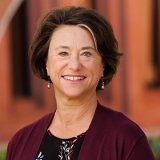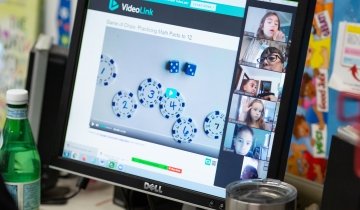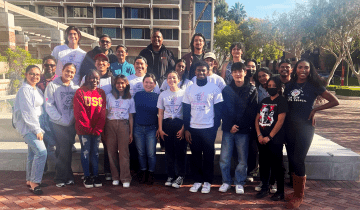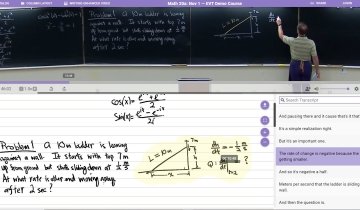USC Rossier School of Education, in collaboration with the Mattel Children’s Foundation, has launched “Speedometry™,” a free-to-use curriculum that utilizes Hot Wheels® toys to teach elementary-age students science, technology, engineering and mathematics (STEM). “Speedometry” is tailored for children in fourth grade and emphasizes hands-on discovery and learning.
Speedometry offers students a means of exploring scientific concepts such as velocity and gravity, kinetic energy and more while providing teachers with a powerful new teaching tool. Additionally, the curriculum supports teaching the skills within the Common Core State Standards and Next Generation Science Standards, ensuring clear expectations for students as well as relevant real-world application.
Five USC Rossier faculty experts head the research team. Gale Sinatra, Julie Marsh, Morgan Polikoff, Frederick Freking and Angela “Laila” Hasan bring expertise in the cognitive and motivational processes that lead to successful learning in science and math, parent and student engagement, curricular reform and Common Core standards. They are assisted by USC Rossier Assistant Dean for Research Cathryn Dhanatya.
The Mattel Children’s Foundation has invested more than $1 million in this project to date, making it possible for USC Rossier to pilot the curriculum in fourth grade classrooms in three Southern California schools and conduct further testing in a large urban school district. Teacher feedback as well as student knowledge, engagement and motivation have been strong and positive in the pilot sites, according to USC Rossier’s researchers. Additional testing will allow researchers to formally verify the promising early learning outcomes for students. The original three-school pilot also tested a kindergarten curriculum that will be further developed at a later time.
“With America’s need for more college graduates entering the STEM fields, teachers need to find ways to make scientific topics engaging and accessible for students from an early age,” USC Rossier Dean Karen Symms Gallagher said. “This exciting partnership has created a curriculum that brings science and math to life for kids and is grounded by the research and assessment of leading Rossier experts in education.”
Read the full story at USC News.







